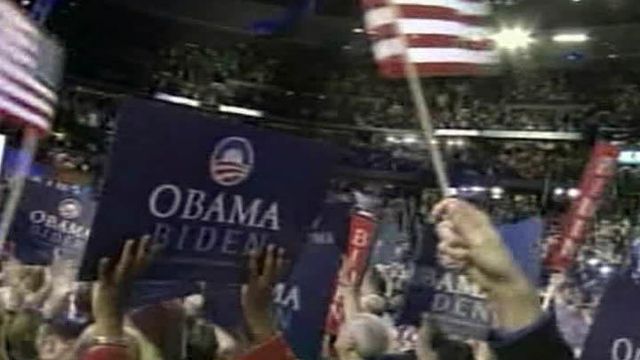Taxpayers pick up tab for political pep rallies at conventions
From the venues to the security to transportation, the Republican and Democratic conventions cost a lot of money, and taxpayers pick up a chunk of the tab.
Posted — UpdatedEach convention gets more than $17 million in public funds. On top of that, each host city – Charlotte for the Democrats this year, and Tampa, Fla., for the Republicans – receives $50 million in federal money for convention security.
That adds up to more than $134 million from the taxpayers in 2012 for what experts say are nothing more than week-long pep rallies and parties for party loyalists.
"There's no news there, right? Nothing happens that we could not have predicted (or) anticipated," Steve Green, associate professor of public and international affairs at North Carolina State University, said Friday.
Neither party seems to need the handout. Democrats raised almost $37 million for their convention, and Republicans raised about $55 million for theirs.
The $17 million for each party comes from the check box on income tax returns marked "Presidential Election Campaign." Brent Laurenz, executive director of the North Carolina Center for Voter Education, called it an odd use of public funds.
"You can argue, yeah sure, voters are getting a good sense of who Mitt Romney is and Barack Obama is from these conventions, but I don't think that's the original intent of the financing system," Laurenz said.
Decades ago, conventions were where parties chose their presidential tickets, but Green said that practice ended back in the 1970s.
Today, he said, conventions have become public relations events – sort of like infomercials for the parties – that taxpayers subsidize. Still, the events let voters hear unfiltered messages directly from candidates, which makes them a public interest expense, he said.
"Why not subsidize the chance for the political party, as well as the candidate, to reach out directly to the voters and say, 'Here's what our message to you is?'" Green said.
Laurenz agreed that national political conventions offer voters a chance to learn about the candidates.
"There's definitely a public good that comes of that," he said. "I think what people get hung up on is the four-day party infomercial, where not a lot of necessary work is happening."
Both Laurenz and Green said the era of the four-day convention is likely to be over by 2016.
• Credits
Copyright 2024 by Capitol Broadcasting Company. All rights reserved. This material may not be published, broadcast, rewritten or redistributed.





